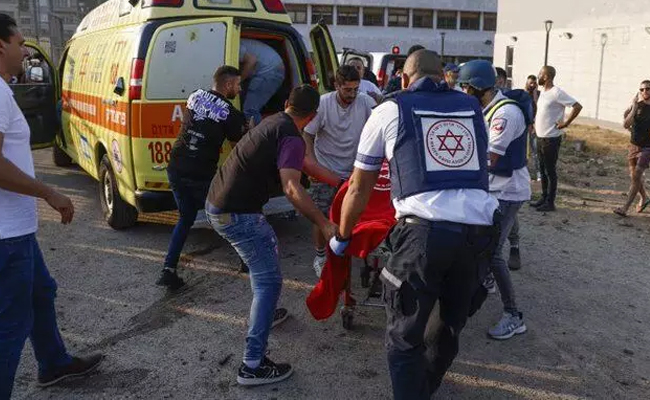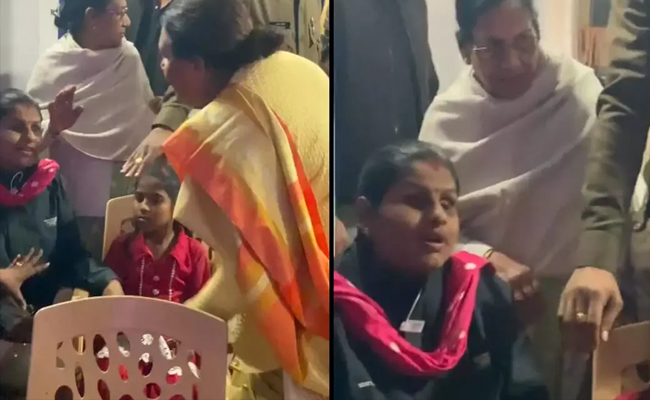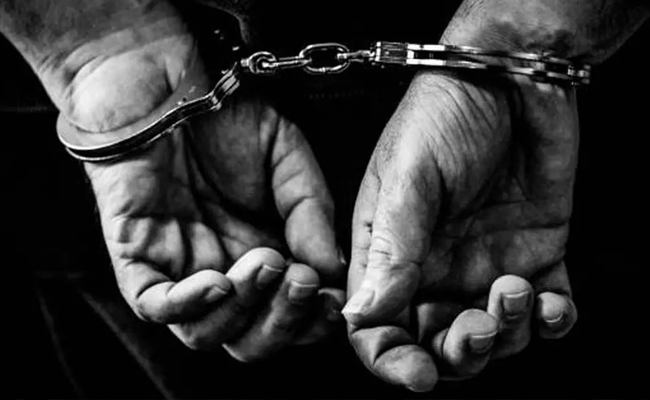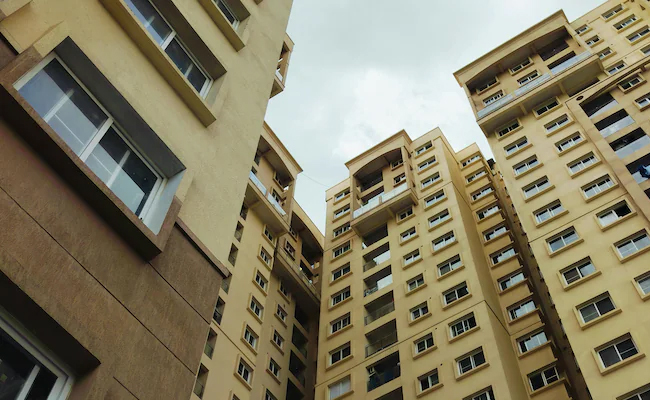Tel Aviv (Israel) (AP): A rocket strike on Saturday at a soccer field killed at least 12 children and teens, Israeli authorities said, in the deadliest strike on an Israeli target along the country's northern border since the fighting between Israel and the Lebanese group Hezbollah began. It raised fears of a broader regional war.
Israel blamed Hezbollah for the strike in the Israeli-controlled Golan Heights, but Hezbollah rushed to deny any role. Israeli Prime Minister Benjamin Netanyahu warned that Hezbollah “will pay a heavy price for this attack, one that it has not paid so far".
The Israeli military's chief spokesman, Rear Adm. Daniel Hagari, called it the deadliest attack on Israeli civilians since the Hamas attack on October 7 that sparked the war in Gaza. He said 20 others were wounded.
“There is no doubt that Hezbollah has crossed all the red lines here, and the response will reflect that,” Israeli Foreign Minister Israel Katz told Israeli Channel 12. “We are nearing the moment in which we face an all-out war.”
Hezbollah chief spokesman Mohammed Afif told The Associated Press that the group “categorically denies carrying out an attack" on the town of Majdal Shams. It is unusual for Hezbollah to deny an attack.
The office of Netanyahu, who was on a visit to the United States, said he would cut short his trip by several hours, without specifying when he would return. It said he will convene the security Cabinet after arriving.
Far-right members of Netanyahu's government called for a harsh response against Hezbollah. But an all-out war with a Lebanese group with far superior firepower to Hamas would be trying for Israel's military after nearly 10 months of fighting in Gaza.
Footage aired on Israeli Channel 12 showed a large blast in one of the valleys in the Druze town of Majdal Shams, in the Golan Heights, which Israel captured from Syria in the 1967 Mideast war and annexed in 1981. Some Druze have Israeli citizenship. Many still have sympathies for Syria and rejected Israeli annexation, but their ties with Israeli society have grown over the years.
Video showed paramedics rushing stretchers off the soccer field toward waiting ambulances.
Ha'il Mahmoud, a resident, told Channel 12 that children were playing soccer when the rocket hit the field. He said a siren was heard seconds before the rocket hit, but there was no time to take shelter.
Jihan Sfadi, the principal of an elementary school, told Channel 12 that five students were among the dead: “The situation here is very difficult. Parents are crying, people are screaming outside. No one can digest what has happened.”
Israel's military said its analysis showed that the rocket was launched from an area north of the village of Chebaa in southern Lebanon.
The Israeli military said early Sunday that it struck targets deep inside Lebanon as well as in southern Lebanon. There were no reports of casualties and the strikes were no more intense than what has become routine over the past 10 months.
The strike at the soccer field, just before sunset, followed earlier cross-border violence on Saturday, when Hezbollah said three of its fighters were killed, without specifying where. Israel's military said its air force targeted a Hezbollah arms depot in the border village of Kfar Kila, adding that Hezbollah were inside at the time.
Hezbollah said its fighters carried out 10 different attacks using rockets and explosive drones against Israeli military posts, the last of which targeted the army command of the Haramoun Brigade in Maaleh Golani with Katyusha rockets. In a separate statement, Hezbollah said it hit the same army post with a short-range Falaq rocket. It said the attacks were in response to Israeli airstrikes on villages in southern Lebanon.
US intelligence officials have no doubts that Hezbollah carried out the attack on the Golan Heights, but it was not clear if the militant group intended the target or misfired, according to a person familiar with the matter who was not authorized to comment publicly.
The White House National Security Council in a statement said the US “will continue to support efforts to end these terrible attacks along the Blue Line, which must be a top priority. Our support for Israel's security is iron-clad and unwavering against all Iranian-backed terrorist groups, including Lebanese Hezbollah”.
Lebanon's government, in a statement that didn't mention Majdal Shams, urged an “immediate cessation of hostilities on all fronts” and condemned all attacks on civilians.
Israel and Hezbollah have been trading fire since October 8, a day after Hamas stormed into southern Israel. In recent weeks, the exchange of fire along the Lebanon-Israel border has intensified, with Israeli airstrikes and rocket and drone attacks by Hezbollah striking deeper and farther away from the border.
Majdal Shams had not been among border communities ordered to evacuate as tensions rose, Israel's military said, without saying why. The town doesn't sit directly on the border with Lebanon.
Officials from countries including the United States and France have visited Lebanon to try to ease the tensions but failed to make progress. Hezbollah has refused to cease firing as long as Israel's offensive in Gaza continues. Israel and Hezbollah fought an inconclusive war in 2006.
Since early October, Israeli airstrikes in Lebanon have killed more than 450 people, mostly Hezbollah members, but also around 90 civilians and non-combatants. On the Israeli side, 45 have been killed, at least 21 of them soldiers.
Let the Truth be known. If you read VB and like VB, please be a VB Supporter and Help us deliver the Truth to one and all.
Jabalpur: Anju Bhargava, vice-president of BJP's Jabalpur city unit, has come under sharp scrutiny, creating the ripples of political controvery in Madhya Pradesh, after a video surfaced online showing her physically assaulting a visually impaired woman inside a church.
The New Indian Express has reported that the said incident reportedly took place on Saturday (20 Dec) at a church in the Hawa Bagh area, which comes under the limits of Gorakhpur police station.
The video footage that has circulated widely on Monday shows Anju Bhargava, assaulting the blind woman in the presence of a police officer. In the video, Bhargava is seen shouting at the woman, twisting her arm and forcibly grabbing her face. The victim can be heard pleading to Bhargava to speak to her rather than resorting to physical violence. Also, we can hear Bhargava screaming, “will be blind in her next birth too”
ALSO READ: Woman arrested for theft, stolen gold articles worth Rs 32 lakh seized
According to The Indian Express reports, Bhargava entered the church, with members of several Hindutva affiliated organisations, alleging that the visually impaired children were being forced into religious conversion; But, the students present at the church have flatly denied all the allegations.
An unnamed police officer cited in media reports states that there was no evidence to support claims of forced religious conversion. The incident has since intensified political debate in the state, with opposition parties demanding accountability and action against those involved.





